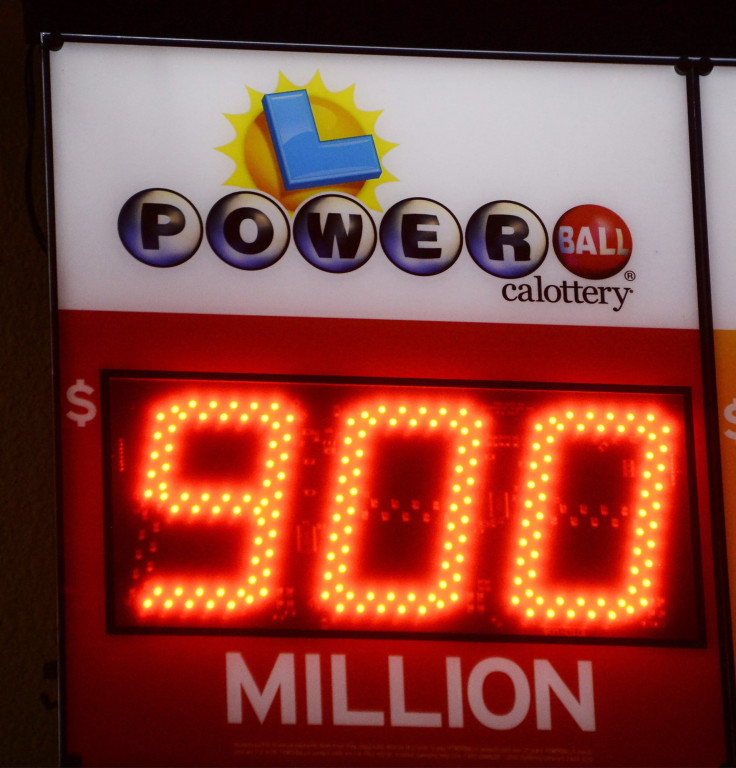To this day, the talk of the town is the lucky sole winner of the $2.04 billion Powerball jackpot. The ticket was reportedly sold at Altadena, California and the odds of winning it all was 1 in 292.2 million.
However, critics have given their piece on the lottery system. Some have branded it as systemic racism because it targets the poor black and brown communities across America, CNN reported.
According to researchers, the fact that it would be extremely difficult to win in lotteries, they are still being marketed and sold to low-income communities but at higher rates. It is believed that bettors are misled into thinking that winning the lottery will help them address their financial holes.
“These communities are disproportionately made up of Black and Brown people. Critics say the consequence is that marginalized people will be driven into deeper debt by a system that is transferring wealth out of their communities,” CNN’s Nicquel Terry Ellis and Justin Gamble wrote.
Further, the national director of Stop Predatory Gambling, Les Bernal, branded it as a form of consumer financial fraud and a form of systemic racism.
However, not all were in agreement that there is a racial angle in the lottery. Rather, he believes that more end up hoping to win, especially when an economy is not doing well.
“And for folks who, especially Black and Brown Americans, maybe face discrimination in the traditional economy, well, the lottery doesn’t discriminate, anyone has just as terrible odds of winning,” Cohen quipped.
For his part and perhaps a tip to lottery winners, Andrew Santana, co-chair of the corporate department at Fox Rothschild LLP, explains a wise way to come away with the most money and minimize collateral damage or unwanted publicity.
He believes a good approach is to not sign the ticket until one fully understands whether he or the signatory’s information will become public, the Post reported.

© 2025 Latin Times. All rights reserved. Do not reproduce without permission.
![Handcuffs [Representation Image]](https://d.latintimes.com/en/full/497531/handcuffs-representation-image.jpg?w=120&h=60&f=75043e6242da75e500f77c60ae5b8904)


